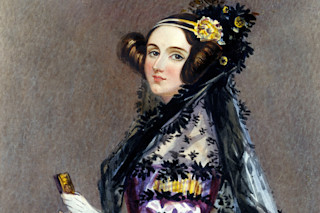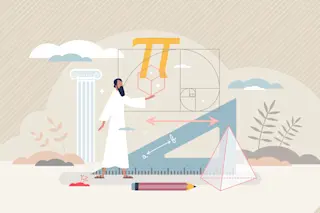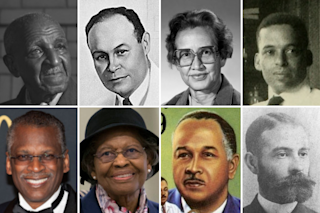This article was originally published on November 3, 2022.
Ada Byron was on her best behavior when first presented to the British Royal Court — though she found the event and its attendees to be underwhelming. A few weeks later, however, the 17-year-old accompanied her mother to a mathematics lecture. That event captured her imagination and changed her life.
Within the next decade, she married and became Ada King, Countess of Lovelace. But historians remember her as Ada Lovelace, a computer science pioneer whose contributions in the early 1840s provided mathematicians and inventors with the foundation needed to advance computing technologies.
As a woman, Lovelace was barred from formal study and relied on tutors and mentors to develop her skills. Her legacy has also been subject to misogyny, as some historians have challenged her abilities and claimed Lovelace didn’t possess the mathematical prowess she claimed. In recent years, however, new ...















